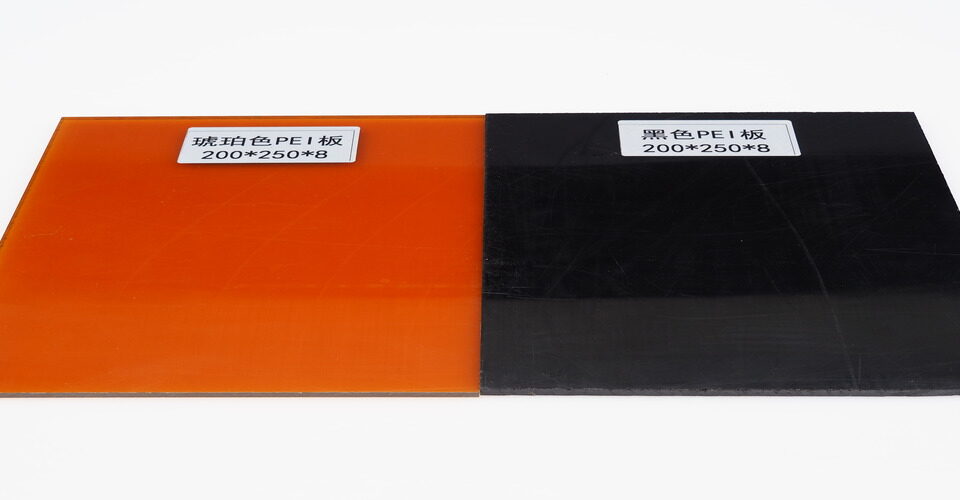
Is PPS Plastic Strong?
December 24, 2024
What Is PTFE Thread Used For?
December 24, 2024Definition of PFA
PFA in quality stands for Process Flow Analysis. It is a systematic approach to examining and improving a process to ensure efficiency, consistency, and quality in production or service delivery. PFA helps identify potential bottlenecks, inefficiencies, and quality issues.
Importance of PFA in Quality Management
PFA is a crucial tool in quality management as it provides a detailed understanding of each step in a process. By analyzing the flow of materials, information, and tasks, organizations can ensure that quality standards are met at every stage. It helps reduce errors, streamline operations, and enhance overall product or service quality.
Applications of PFA
PFA is applied in industries such as manufacturing, healthcare, and software development. For instance, in manufacturing, it ensures that assembly lines function smoothly and deliver defect-free products. In healthcare, it helps streamline patient care processes, improving outcomes and satisfaction.

Benefits of PFA in Quality Assurance
Implementing PFA brings numerous benefits, including:
- Improved Efficiency: By identifying redundancies, PFA optimizes processes and reduces waste.
- Enhanced Quality: It ensures adherence to quality standards by addressing potential issues before they escalate.
- Cost Reduction: Streamlining processes minimizes resource wastage and operational costs.
- Better Decision-Making: PFA provides data-driven insights for informed decision-making.
Tools Used in PFA
Tools such as flowcharts, process maps, and simulation software are commonly used to visualize and analyze processes. These tools provide clarity and help organizations implement improvements effectively.






